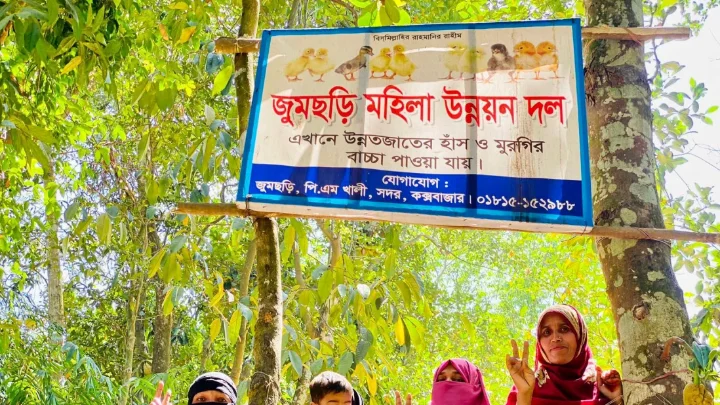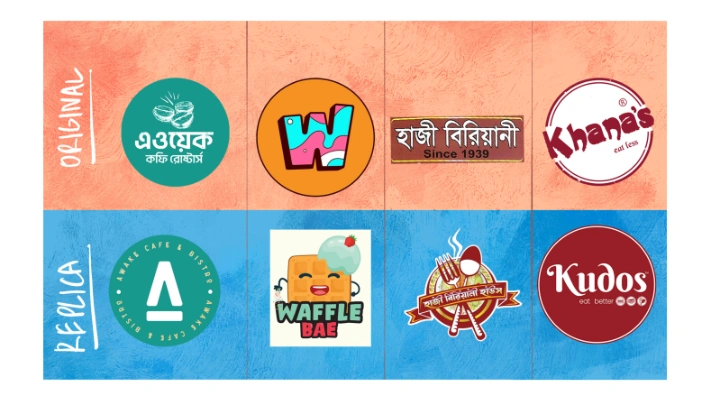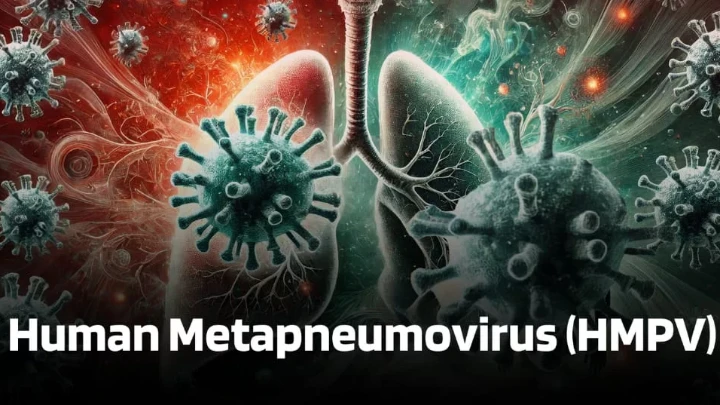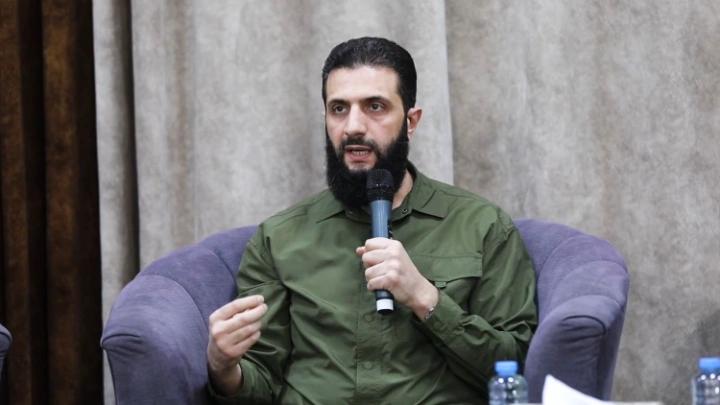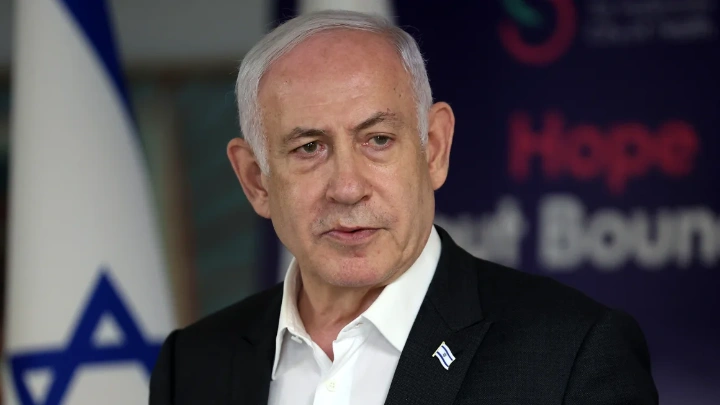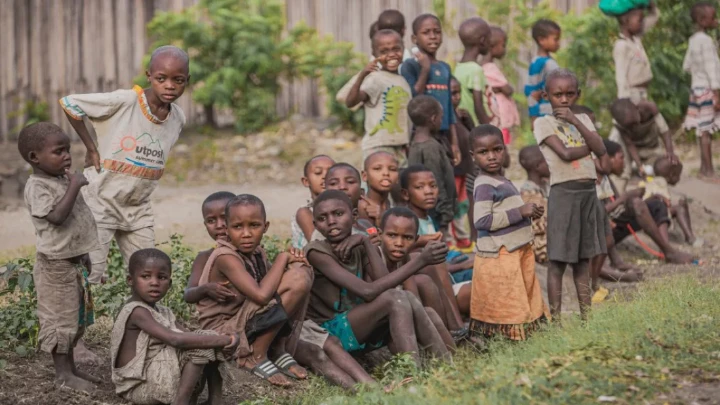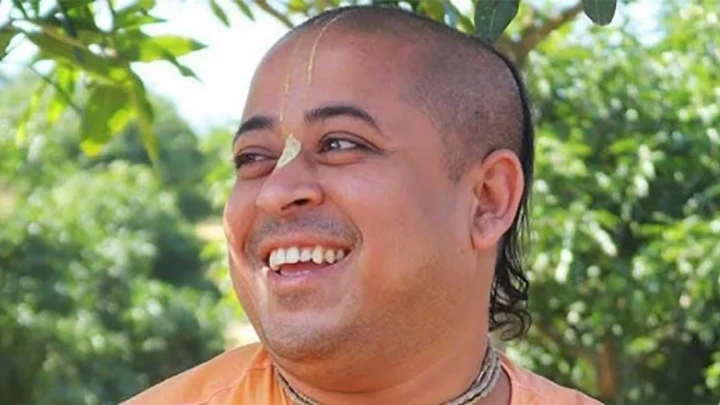Cox’s Bazar women empowered through poultry farming, tailoring
DhakaTribune || Shining BD
The life story of Renu Ara Begum, aged 32, hailing from Pekua, Cox’s Bazar, is marked by profound tragedy. Her husband left her five years ago, abandoning their two sons and daughters.
After that, she had been residing as an “unwanted guest” in her mother’s home, making a living by working as a domestic help and often going without food. Even when meals were prepared for their children, she would consume one, leaving the other for them.
Renu Ara’s life took a dramatic turn over the course of five years. Her journey of transformation began when she received assistance from the European Union (EU) in the form of a sewing machine.
Three years ago, she received Tk30,000 along with a sewing machine, and from that point forward, there was no looking back.
Setting up a tailoring shop, she invested in a piece of land and commenced cultivating vegetables. Her children were enrolled in school, and hunger became a thing of the past.
With a fixed residence, she found solace and stability, earning a livelihood through various endeavors, including vegetable cultivation. She also prioritized the education of her children.
Renu Ara’s story is not unique; it mirrors the experiences of countless destitute women along the Cox’s Bazar coast who have been empowered by the EU’s initiatives.
These endeavors have provided financial support and self-employment opportunities to women facing widowhood or abandonment, ensuring the well-being of their children.
Unicef, in collaboration with the EU, is dedicated to bringing marginalized women into the fold of rehabilitation and economic development following experiences of widowhood or abandonment.
Through subsidizing mothers to guarantee child nutrition, this initiative has not only facilitated the resettlement of numerous vulnerable individuals in Cox’s Bazar but has also paved the way for a secure future for their children.
How journey began
Three years ago, Unicef spearheaded a groundbreaking initiative aimed at rehabilitating the landless, homeless, and vulnerable widows and abandoned women of Cox’s Bazar. This initiative introduced a model of inclusive development through a series of programs designed to integrate marginalized women into the societal mainstream.
These programs focused on implementing sustainable income-enhancing activities through comprehensive training and supervision.
Furthermore, significant efforts were directed towards eradicating malnutrition from Cox’s Bazar. Recognizing the critical importance of nutrition in ensuring the well-being of vulnerable populations, Unicef implemented targeted interventions to address malnutrition and improve the overall health outcomes of communities in the region.
Rehabilitation of 2,000 women
The EU-Unicef initiative has significantly transformed the lives of two thousand women residing in Sadar, Pekua, Teknaf, and Moheshkhali upazilas of Cox’s Bazar, impacting approximately 5,000 children who are either orphaned or left behind by deserting spouses.
Among these upazilas, Moheshkhali boasts the highest number of beneficiaries, with around 700 women receiving support. Additionally, 600 women in Pekua, 400 in Teknaf, and 300 in Cox’s Bazar Sadar are benefiting from EU assistance.
These women are receiving sustained aid from the EU, which includes ongoing training and supervision.
Among the beneficiaries, 1,600 women have been provided with resources for chicken rearing, while 400 have received sewing machines.
Many of these trained women have established tailoring shops within their homes, catering to local clientele. They experience consistent demand throughout the year, with substantial orders surging during festive seasons such as Eid and Puja. Some have even ventured into local market businesses.
Just a year ago, many of these women struggled to secure a stable income, and their children faced malnutrition.
However, thanks to the EU’s support, their lives have undergone a remarkable transformation. They have found meaningful employment, ensuring a steady income, while their children now receive a balanced diet.
How it works
Unicef provides comprehensive support to individuals interested in tailoring, beginning with a one-month training program.
Upon completion, participants receive a sewing machine along with essential materials such as scissors, iron, needles, and thread.
Additionally, they receive cash assistance of Tk30,000. Through regular monitoring, Unicef ensures the creation of marketing linkages for these individuals.
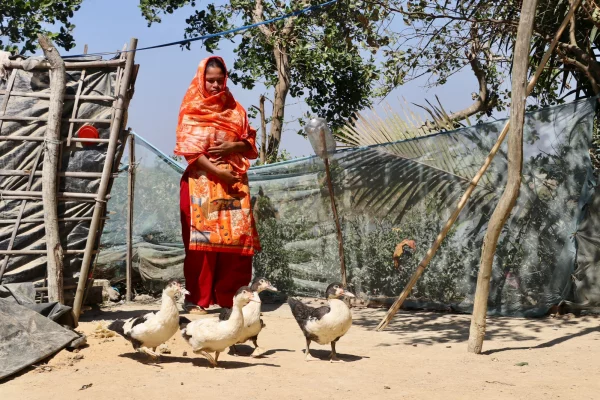
Moreover, Unicef guarantees the provision of regular nutrition for the children of these women under the supervision of a doctor, with monthly nutritional follow-ups. Assistance is also provided in savings management, and transactions are facilitated through bank accounts.
Wahida, a beneficiary of this program, said that: “It is not like I just sat idly after getting training. I worked regularly. With support from the local community, I gradually improved her situation. It was not like this few years ago. But now my family is solvent. I can also provide sufficient food for my children.”
Similarly, Tahera Begum received training in chicken rearing, which included instruction on various aspects such as income generation, chicken care, disease management, vaccination, and selling in the market.
Unicef, with the assistance of the European Union, provided Tahera with ten chickens, 50kg of chicken feed, water bottles, vaccinations, and a one-time cash grant of Tk30,000.
Tahera shared her experience, highlighting the dire circumstances she faced after her husband’s passing and the significant transformation she underwent with the support of this program.
She said: “After my husband’s death, I was in deep trouble. I was dependent on my mother. I could not even provide food for my children, let alone my meals. Now, I earn Tk3,000-5,000 per month, enabling me to provide for my children’s needs independently.”
What experts say
Public health expert Dr Mushtuq Husain said: “Children are the biggest victims in the impoverished regions of Cox’s Bazar. That particular region is prone to cyclones. Particularly vulnerable are families led by widows or single mothers who struggle to provide adequate nutrition for their children.”
Dr Mushtuq commended initiatives aimed at empowering these mothers to safeguard the well-being of their children.”
Meanwhile, Istihak Rayhan, a lecturer at the Department of Economics of Jahangirnagar University, told Dhaka Tribune: “This marks a significant shift for the impoverished women of Cox’s Bazar.”
He said: “The resilience and contributions of these determined women must not be overlooked. Navigating disaster-stricken areas with children in tow is immensely challenging without assistance. Mothers play a pivotal role in ensuring the safety of their infants in such circumstances.’”
Razia Begum: Empowering others through self-awareness
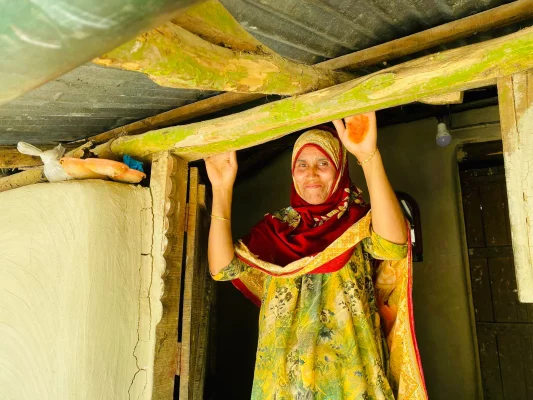
Residing in the village of Jumchari, part of Patali Machhuakhali union in Cox's Bazar Sadar, Razia Begum found herself in dire circumstances following her husband's demise.
Despite her hardships, she participated in a two-day Unicef-sponsored training program on poultry farming. She had no source of income before this, which came as a lifeline for her.
Her life took a significant turn since her enrollment in the “Nutrition Sensitive Cash Plus” program.
Razia became acutely aware of the nutritional needs of her child and underwent comprehensive training on chicken and chick rearing, vaccination procedures, treatments, and effective marketing strategies for her farm.
She also acquired knowledge on how to use incubators to safeguard chicks from mortality.
Through this training, Razia learned about integrated child nutrition management and strategies for achieving self-sustainability.
She has transformed her poultry farm into a model for local women.
Razia spearheaded the formation of a women's group in Jumchari. The local mothers came together to address mutual challenges and establish a network for chicken market distribution.
This collective effort has ensured smooth transactions in the local market, eliminating previous obstacles.
Reflecting on her journey, Razia Begum said: “The crisis was once so severe that we struggled to afford a single meal. However, that is no longer the case. We now support each other through thick and thin. Together, we sell chickens in the market and collectively vaccinate them, saving a significant amount of money. Our efforts not only sustain our businesses but also provide crucial support for our families and children, ensuring access to nutritious food.”
Sharmin Sultana: Joyeeta Award winning entrepreneur
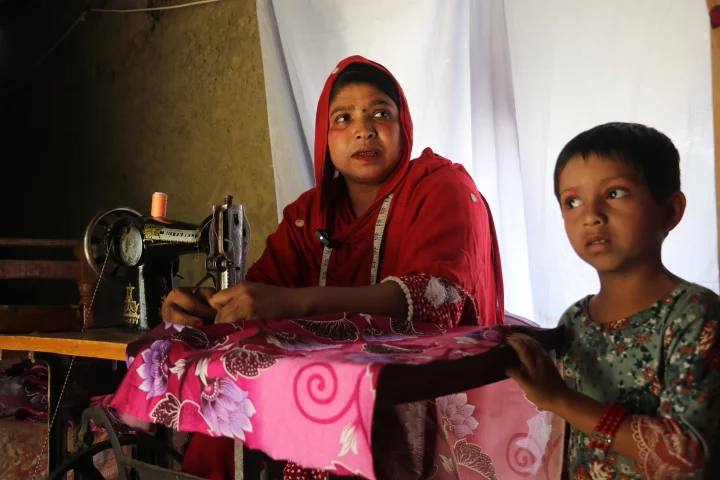 Sharmin Sultana, resident of Bazarpara village in Magnama union of Pekua upazila in Cox’s Bazar, a Joyeeta Award winning entrepreneur. Photo: SK Sharifuddin Ahad/ Dhaka Tribune
Sharmin Sultana, resident of Bazarpara village in Magnama union of Pekua upazila in Cox’s Bazar, a Joyeeta Award winning entrepreneur. Photo: SK Sharifuddin Ahad/ Dhaka Tribune
Residing in Bazarpara village in Magnama union of Pekua upazila, Sharmin Sultana faced numerous challenges after her husband's departure, especially with a physically challenged child.
She lived in a makeshift home made of polythene and straw. However, her life took a positive turn three years ago when she underwent tailoring training by Unicef, which lasted for a month.
This training not only equipped Sharmin with tailoring skills but also enabled her to address her child's disability and malnutrition issues.
As her proficiency in tailoring grew, so did demand for her services, both locally and in nearby markets.
Through her hard work and determination, she emerged as a successful entrepreneur despite facing the threat of cyclones on at least two occasions in the past three years.
In recognition of her achievements, Sharmin was honoured with the prestigious Joyeeta Award.
Reflecting on her journey, she expressed her gratitude, saying: “I never imagined that I would achieve the level of success I have today. The dangers and struggles I faced with my child just a few years ago have significantly diminished.
“Although cyclones posed significant challenges, with the support of Unicef and my own perseverance, we have overcome them. I am now financially stable, able to provide for myself and ensure my child's nutrition. Additionally, we have formed a strong network of women in our community, and together, we confront and overcome various problems and crises,” she added.
Shining BD

